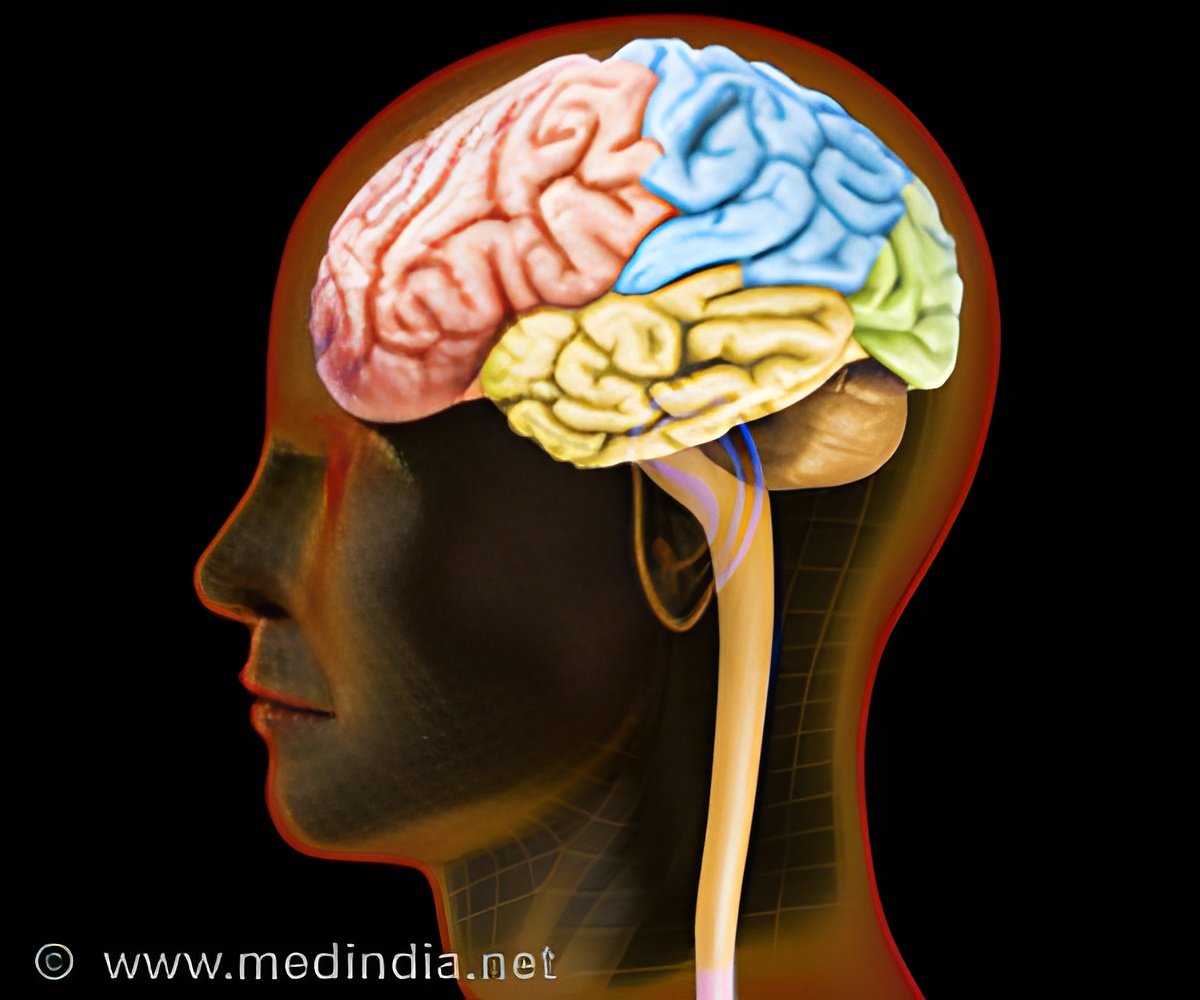Previous research has shown that hyperhomocysteinemia and abnormal blood lipids are independent risk factors for stroke.

As reported in the Neural Regeneration Research (Vol. 8, No. 31, 2013), a study by Dr. Xiaoyong Sai and colleagues from Chinese PLA General Hospital is a retrospective analysis of inpatients across a 5 year period from the Chinese PLA General Hospital, based on a matched pairs case control design. Their results indicate that elevated homocysteine and abnormal blood lipids exert synergistic effects in the onset of stroke. Patients with elevated homocysteine levels and abnormal blood lipids are predisposed to stroke.
Source-Eurekalert
 MEDINDIA
MEDINDIA



 Email
Email










